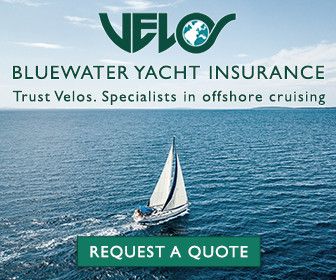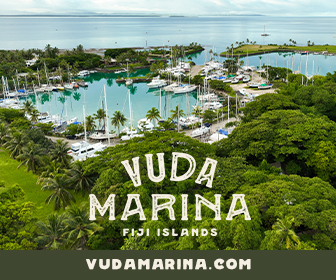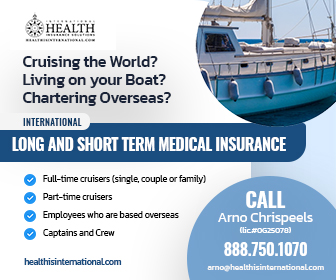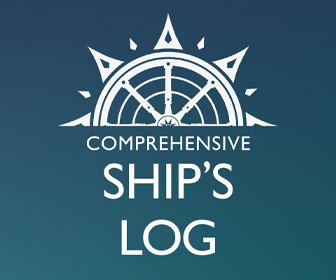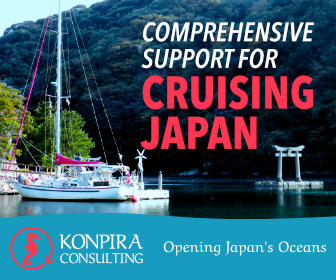Pacific: Circumnavigation Using Traditional Wayfinding
After five years of planning and preparations, the Polynesian Voyaging Society (PVS) will begin a four-year, 43,000 nautical mile circumnavigation of the Pacific in June 2023, using traditional wayfinding methods.
Published 2 years ago
More than a 1000 years ago, traditional Polynesian voyagers used natural clues to navigate between the islands of the Pacific: the direction of swells, the flight path of birds, the position of stars and the color of clouds.
The Polynesian Voyaging Society is reviving the art and science of wayfinding with replicas of ancient voyaging canoes. Since its inaugural voyage from Hawaii to Tahiti in 1976, the society has inspired people worldwide to embrace traditional navigation and Indigenous knowledge. The voyages made by hundreds of crew members have sparked a cultural renaissance.
The Moananuiākea Voyage, involves two canoes, the Hōkūleʻa and Hikianalia and more than 400 crew who will rotate during the voyage. The four year expedition plans to visit 36 countries and archipelagoes, nearly 100 indigenous territories and more than 300 ports, all using traditional way-finding navigation.
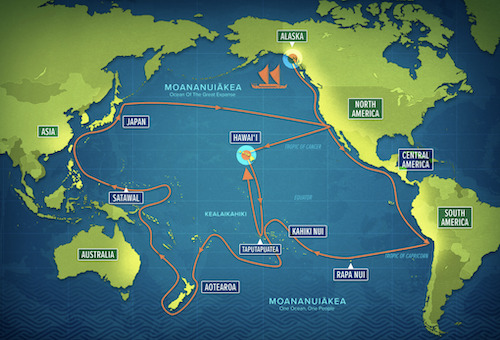

“Every day, a navigator needs to make 5,000 observations, of a wave or a bird or a star, and make 500 choices about trim, course, steering, and then make two decisions at sunrise and sunset,” says Nainoa Thompson, CEO of the Polynesian Voyaging Society and a master navigator.
“The goal of the voyage is to ignite a movement of 10 million “planetary navigators” by developing young leaders and engaging communities around the world to take part in navigating the earth towards a healthy, thriving future.
“The voyage itself is a global educational campaign that will amplify the vital importance of oceans and indigenous knowledge through education and storytelling shared via a virtual “Third Canoe” called Waʻa Honua, meaning a canoe for the earth (www.waahonua.com). PVS and its educational partners are creating stories, and lessons for all ages with the goal of inspiring people to care for and make better choices for the earth.
“This is about not just the oceans, but this is about taking discovery and moving it towards choices and moving it towards the choices that will take action that we believe is going to help build a future that is good enough for our kids.”
Thompson said the Moananuiākea Voyage would be the most difficult undertaken by the PVS, because of the length of time of the voyage, the distance as well as currents, tides and the potential for hypothermia in Alaska.
“We need to be prepared. But what I really mean by most difficult is achievement of the mission. Weʻre trying to reclaim our relationship to the earth and the destination is not ours. It’s whether this world is going to be healthy for our children,” added Thompson.
Hōkūleʻa’s journey to Alaska began in April when the canoe, her escort boat, gear and supplies began their journey to Juneau, Alaska via transportation from Matson and Alaska Marine Lines.
“We are deeply grateful for their donation of services, which provide the essential safe passage of Hōkūleʻa. Hōkūleʻa will first journey to Yakutat, Alaska to begin a pre-voyage “Heritage Sail” along the Southeast region to pay homage to Native Alaskan leaders and the places that played a part in building the longstanding relationship between Hawaiʻi and Alaska,” said Thompson.
On June 10, Hōkūleʻa is scheduled to arrive in Juneau and will be welcomed at Auke Bay, the traditional lands of the A’akw Kwáan. The canoe and crew will remain in Juneau for a week of community and educational engagements. On Thursday, June 15, Hōkūleʻa will depart Juneau after a celebratory ceremony launching the start of the circumnavigation of the Pacific.
“We begin with a 31-year relationship with the native people of southeast Alaska. And I think Alaska is the appropriate place to begin because in the end this is about family — the family of the earth. And so we go from one family to another, building relationships grounded in respect and trust – a crucial pathway for peace.” said Thompson.
Hōkūleʻa’s sister canoe Hikianalia will join the voyage in Seattle, WA in August of this year.
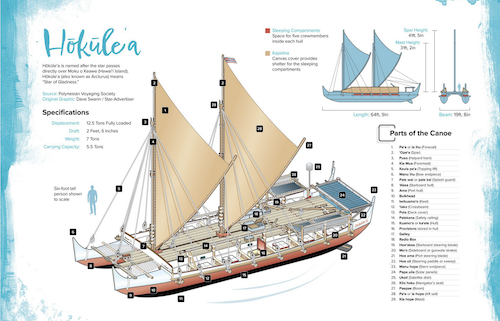

………………………..
Related News:
- Polynesian Voyaging Society to Launch Moananuiakea Voyage
- Polynesian Voyaging Society Plans Four-Year Circumnavigation (Cruising World)
………………………..
Related Links:
………………………..
Noonsite has not independently verified this information.
Related to following destinations: Alaska, Auckland, Australs, Easter Island, French Polynesia, Gambiers, Hanga Roa, Hawaii, Hawaii (Big Island), Japan, Juneau, Kauai, Lanai, Line Islands, Marquesas, Maui, Molokai, New Zealand, North Island (New Zealand), Oahu, Opua (Bay of Islands), Other Atolls (French Polynesia), Seattle, Society Islands, Solomon Islands, Tahiti, Tuamotus, US Minor Outlying Islands, USA, West Coast (USA)
Related to the following Cruising Resources: Circumnavigation, Circumnavigation, Cruising Information, Navigation, Routing



